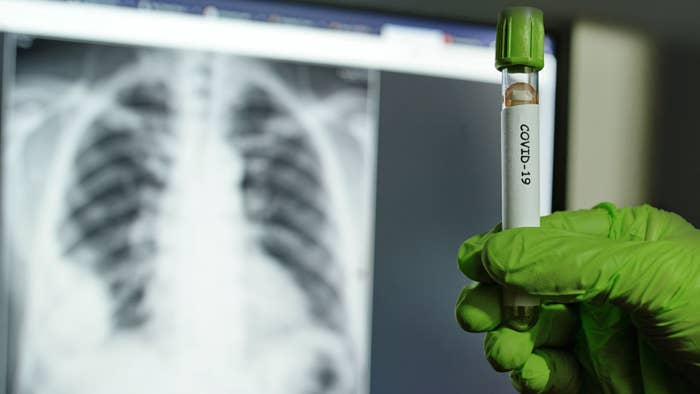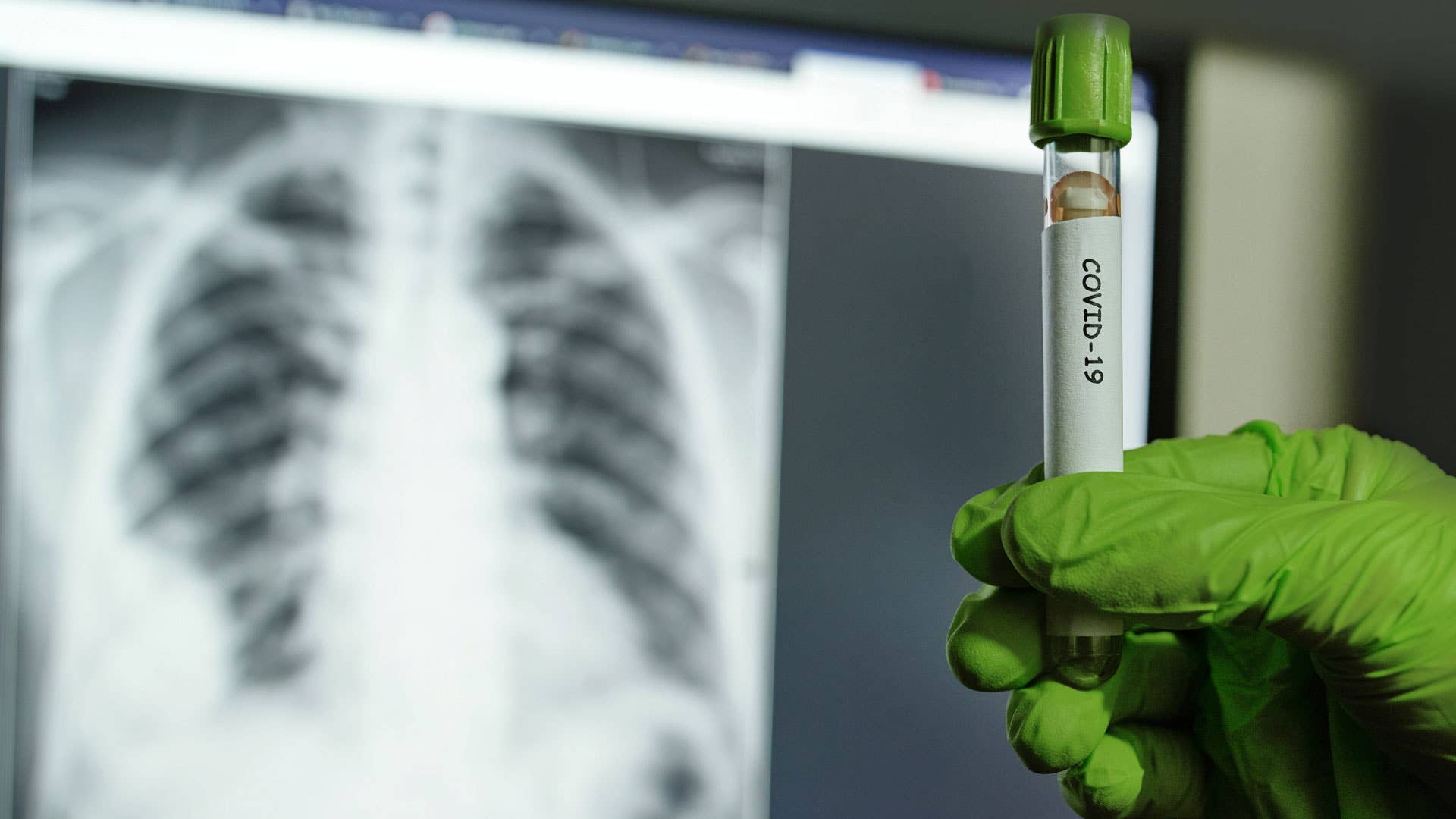
Researchers at the University of Pittsburgh have isolated a biomolecule that they say neutralizes the virus that causes COVID-19 "completely and specifically."
According to the local CBS affiliate, KDKA, scientists at the college's School of Medicine have isolated the "smallest biological molecule to date" that can neutralize the SARS-CoV-2 virus. The find was published in a report on Monday in the journal Cell.
According to that report, this antibody component is one-tenth of the size of a full-sized antibody that has been utilized for a drug (Ab8) which could be a potential preventative and therapeutic treatment for SARS-CoV-2.
Researchers state that Ab8 is “highly effective,” when used in mice and hamsters, in both preventing and treating SARS-CoV-2 infections. They say that it blocked the virus from entering the cells of mice, and that the rodents that were treated with it had significantly less of the virus when compared to mice that were not treated.
“Ab8 not only has potential as therapy for COVID-19, but it also could be used to keep people from getting SARS-CoV-2 infections,” co-author John Mellors, M.D. said in a release.
Mellors is the chief of the Division of Infectious Diseases at the University of Pittsburgh Medical Center.
"Antibodies of larger size have worked against other infectious diseases and have been well tolerated, giving us hope that it could be an effective treatment for patients with COVID-19 and for protection of those who have never had the infection and are not immune.”
The work was done with help from researchers at the: University of North Carolina at Chapel Hill, the University of Texas Medical Branch at Galveston, the University of British Columbia and the University of Saskatchewan.
The scientists involved are expected to talk about their work, with more detail, on Tuesday.

